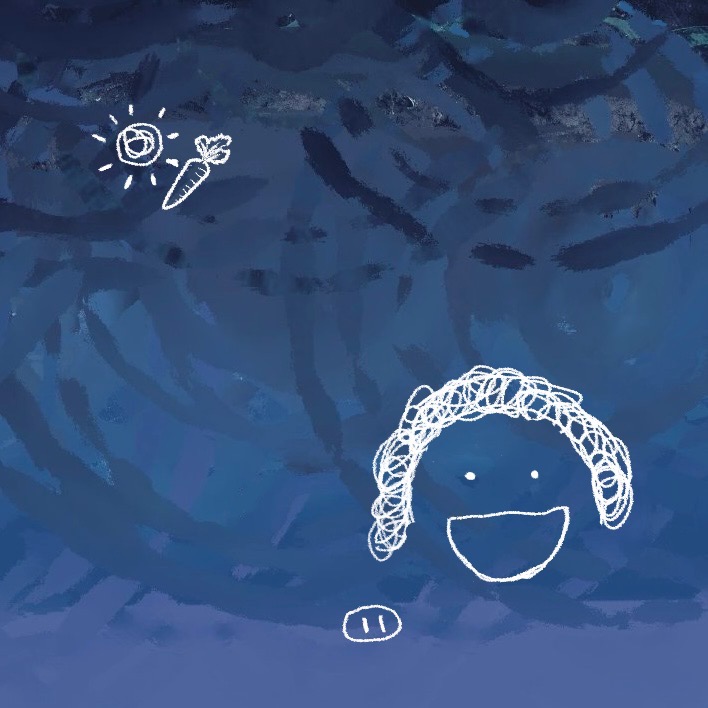
Deep Dive
What does the term 'urban gypsy' signify in the context of the podcast?
The term 'urban gypsy' or 'urban nomad' is used to describe a sense of wandering and rootlessness experienced by people living in cities. Despite enjoying the convenience and richness of urban life, they often feel a void and yearn for the simplicity and authenticity of their hometowns. This duality creates a complex relationship with the concept of 'home'.
How does the podcast suggest building a spiritual homeland?
The podcast suggests that building a spiritual homeland involves integrating past experiences and emotions into one's identity. It emphasizes the importance of reading and intellectual exploration as tools to create a sense of security and belonging. By engaging with literature, philosophy, and personal reflection, individuals can construct a mental and emotional sanctuary that provides stability and meaning.
Why does the podcast highlight the importance of geography in personal development?
Geography is highlighted as a means of understanding oneself and the world. The podcast references the work of geographer Yi-Fu Tuan, who found solace and purpose in geography. By studying landscapes, cultures, and spaces, individuals can develop a deeper connection to their surroundings and find a sense of identity and optimism, which can be transformative.
What role does reading play in finding one's spiritual homeland?
Reading is presented as a crucial method for individuals to explore and define their spiritual homeland. Through literature, philosophy, and other forms of writing, people can gain new perspectives, process their experiences, and build a mental framework that provides comfort and clarity. It allows individuals to create a personal narrative that integrates their past and present, offering a sense of rootedness.
How does the podcast address the tension between urban life and hometown nostalgia?
The podcast explores the tension between urban life and hometown nostalgia by acknowledging the dual pull of modern convenience and traditional simplicity. While urban life offers opportunities and excitement, it often lacks the emotional depth and connection associated with one's hometown. The podcast suggests that this tension can be resolved by creating a 'spiritual homeland' that blends the best of both worlds, allowing individuals to feel grounded even in a transient urban environment.
What is the significance of Yi-Fu Tuan's autobiography 'Who Am I?' in the podcast?
Yi-Fu Tuan's autobiography 'Who Am I?' is significant because it provides a framework for understanding identity and belonging. Tuan's exploration of his life and struggles with self-identity resonates with the podcast's theme of finding a spiritual homeland. His emphasis on geography as a source of salvation and his reflections on personal and cultural history offer valuable insights into how individuals can navigate their own journeys of self-discovery.
How does the podcast describe the evolution of one's relationship with their hometown?
The podcast describes the evolution of one's relationship with their hometown as a dynamic process. Initially, there may be feelings of shame or embarrassment about one's origins, especially if associated with poverty or rural life. Over time, through education, reflection, and personal growth, individuals can come to appreciate their hometown as a source of unique experiences and identity. However, this relationship may also involve recognizing the limitations of returning to the physical hometown, leading to the creation of a 'spiritual homeland' instead.
What is the podcast's perspective on the role of self-awareness in finding a spiritual homeland?
The podcast emphasizes that self-awareness is crucial in finding a spiritual homeland. By understanding one's emotions, experiences, and values, individuals can create a mental and emotional space that provides stability and meaning. This process involves introspection, reading, and engaging with ideas that resonate personally, ultimately leading to a sense of rootedness and belonging.
- 都市生活中的漂泊感
- 对安全感的渴望
- 寻找精神故乡
Shownotes Transcript
“人根本没有本性,他所有的是……历史。”
🍃 亲爱的「都市县城人」们,何时能够停止一场场的路过和漂泊呢?
👋「都市县城人」这一专栏第一季做下来,我们在不停地整理着我们这群人的记忆和历史;到了最后,大家做好准备和过去说再见,去寻觅新的精神家园了吗?
👣 有的人踟蹰于过去,有的人期盼着未来……最后一集,我们跟随人文地理学者段义孚的脚步,为当下的我们找到一些方法和答案。
💪 勇敢起来吧,都市县城人们!
💐 祝大家中秋快乐,国庆快乐~
|
- 你将听到
03:25「都市吉普赛人」找故乡,是在找寻安全感吗
05:10 不同的人聊起「家乡与我」的关系,是不同的
12:10 一种重建精神故乡的方法:人文地理学家段义孚,“地理学拯救了我”
33:01 寻觅故乡,还是要回答“我是谁?”朱说,对于普通人来说,最适合的方法是阅读
36:01 很难说出口的「再见」
|
- 本集音乐
《(……海妖沙龙) 》- 吴青峰 - 来自专辑《马拉美的星期二》
《(……老顽固博士)》- 吴青峰 - 来自专辑《马拉美的星期二》
《月亮船》- 王英姿 - 电视剧《快乐星球》片尾曲
|
- 本集推荐
《我是谁?——段义孚自传》
《专访|林棹:相比童年对个体的影响,我更关心它被理解的可能》
《怀乡的心情与姿态》陈平原
《刘震云:寻找精神的故乡》陈自然
|
- 封面故事
我们的朋友贾宇恒,大一等飞机晚点的时候画的,如今他已经大七了吧。谢谢贾老师,你是真是大好人!🙏
**PS:**我们新的内容系列「**城市游荡者」**即将上线,敬请期待!